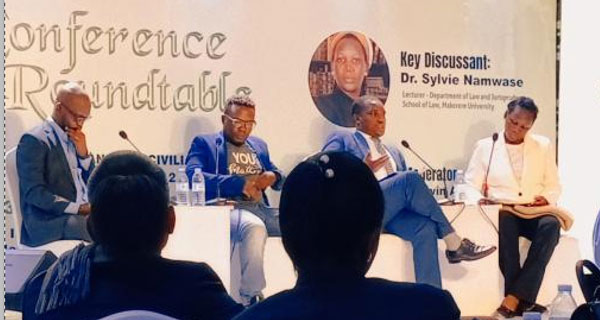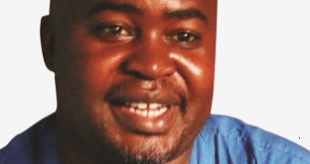
Kampala, Uganda | THE INDEPENDENT | A recent study indicates that human rights violations have intensified in Uganda as the military exerts control in cases that Uganda Police Force-UPF should be the lead actor.
The study, conducted by the Network of Public Interest Lawyers, highlights how the military has taken on roles traditionally designated to the police, often disregarding legal procedures in the process.
Dr. Sylvie Namwase, a lecturer at Makerere University Law School, presented the findings of the study titled “Militarisation and Military Capture of the Uganda Police Force: Implications for Human Rights and Rule of Law.” The study emphasizes how the military’s influence on the police has resulted in arbitrary arrests and illegal detentions.
It’s reported that individuals are sometimes arrested by the military and held in its detention facilities for more than 48 hours, during which they may face interrogation and torture before being formally handed over to the police for processing and court proceedings.
“The Police Special Investigations Unit at Kireka was particularly found to have been turned into a ‘clearing house’ for the UPDF (Uganda People’s Defence Forces) Chieftaincy of Military Intelligence’s illegal practices of unlawful arrests, unlawful detention and torture, particularly of the political Opposition and those critical of the current Presidency…,” highlighted Dr. Namwase in her response.
Furthermore, the study reveals that after violating people’s rights, the military often uses the courts and the police to cover up their actions. The study cited an example involving journalists from the DigiTalk media group who were arrested by the military, and detained for five days, but the police records falsely indicated they had been arrested the previous day, preventing them from receiving justice.
The study also suggests amplified Islamophobia in Uganda. Muslims have been held in security detentions without legal justification, partly due to the military’s influence, as personnel with experience in fighting groups like Al-Shabaab and the Alliance for Democratic Forces (ADF) may have biased views against Muslims, leading to unwarranted arrests and detentions.
The study indicates that the UPDF is, first, taking on police roles and the militarization of the police through the appointment of military personnel. Then second, the lack of clear guidelines on appointments and their qualifications has created confusion and challenges in managing a civilian force like the police with military personnel.
The study calls for clear guidelines on when military intervention is justifiable and suggests evaluating the operations of the military or paramilitary units that complement the police before and after they are deployed.
Dr. Adrian Jjuuko, the Executive Director of the Human Rights Awareness and Promotion Forum, emphasized the importance of citizens speaking out against police capture and militarization before it directly affects them. He noted the danger of apathy among the public and the need to elect leaders who prioritize their well-being over self-interest.
Natif Anthony, a businessman and activist, stated that the intentional functional fusion between the military and police is designed to shield institutions from accountability for their actions. He urged the public to voice their concerns and elect leaders who will advocate for their interests.
****
URN
 The Independent Uganda: You get the Truth we Pay the Price
The Independent Uganda: You get the Truth we Pay the Price



